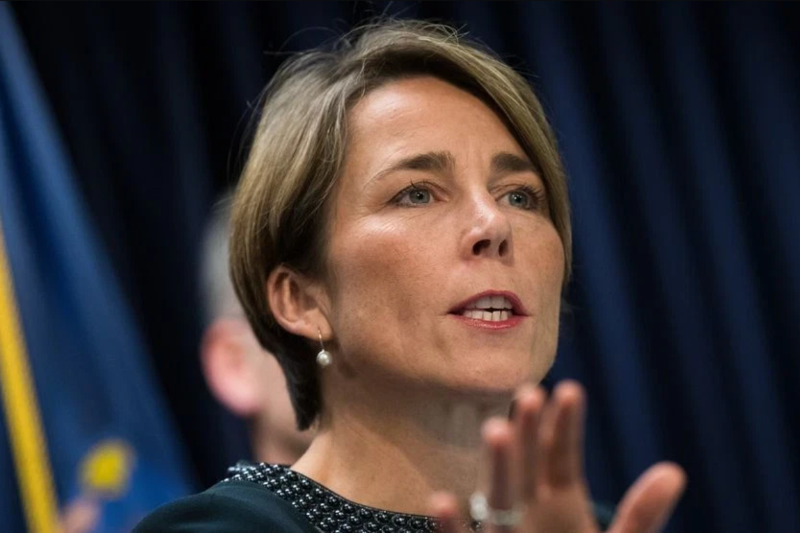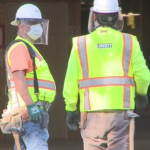
massachusetts migrant crisis governor defies trump’s mass deportation plans
The problem of migration has slowly increased in Massachusetts, especially with the new governor Maura Healey who has vowed to disobey President Donald Trump’s expected deportation order that aims at deporting millions of immigrants residing in the country. About six and a half million new migrants have been in the U.S since January 2021, and particularly, Massachusetts is at the top list of destinations for illegal immigrants putting pressure on the state’s finances. More recently, his backing of sanctuary policies that offer welfare benefits shelter, and housing to illegal immigrants has raised fiscal concerns over the policies.
Massachusetts now faces the financial impact of over 350,000 illegal and inadmissible migrants and an additional 50,000 since 2021. The influx has also called for new and improved social amenities; these include; housing, health services, and education. While federal law bars the undocumented from a range of welfare programs, Massachusetts’ sanctuary policies entitle these people to such benefits as SNAP or food stamps, Medicaid, and TANF. This has put added pressure on state taxpayers, as once in the system these migrants invariably become dependent on state support.
The two policies of sanctuary that still exist in Massachusetts and other states mean that those immigrants who are illegals cannot be deported and that local police cannot help immigration enforcement officials are considered to be very risky for the safety of the public. Opponents state that the above policies alongside the lack of interior enforcement measures under the Biden administration have promoted increased crime among the illegals. The state currently spends $27.3 million per year to detain such offenders even as the sanctuary policy puts this figure into overdrive. Parliaments are therefore under pressure to rethink these policies because of the escalating crime that is associated with migrants.
Keep Reading
The Trump Factor: Defying Deportation Plans
This contributed to attracting the national focus to Massachusetts’s positioning on illegal immigration after Governor-Elect Maura Healey asserted her pushback against the Republican President-elect Donald Trump’s mass deportation plan. Trump, who in the recent past vowed to deport millions of immigrants and revive the use of audacious employment audits, has raised concerns among states like Massachusetts where immigrants play huge roles, especially in construction, housing, and farming. As Trump’s proposals are said to be aimed not only at new arrivals but also at millions of unauthorized workers already in the country, the economic impact on Massachusetts might be significant.
Forcing large numbers of illegals back will negatively impact some essential industries as economists have estimated that large-scale deportation could reduce the US’s GDP by $1.1 trillion to $1.7 trillion. Trump’s plan, they say, will cause major disruptions in critical industries which will lead to a severe scarcity of labor in areas such as agriculture and construction, therefore raising costs and reducing output in the economy. The question is thus whether Massachusetts will continue to resist federalism by refusing to enforce immigration laws or if the pressure of budget cuts ae will forcnd political pressure its leaders to change sides.









